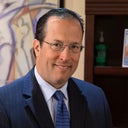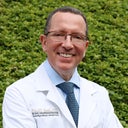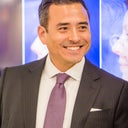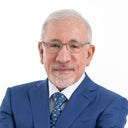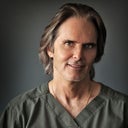Surgery scheduled for 11a: can I have some black coffee & water in the morning? Will water really cause a problem hours later?
I am scheduled to have rhinoplasty, a u-lift, lower blepharoplasty and co2 laser at 11a. I am an early riser (5a) and always drink a lot of water. Doctors orders are no food or drink after midnight. Can I really not drink any water the morning of my surgery? I don't mind not eating, but not drinking water makes me very uncomfortable. Can I have a bit of black coffee? It would be one thing if my surgery was at 7a, but 11a? Also I am supposed to take my antibiotic, amox, w/ food.

